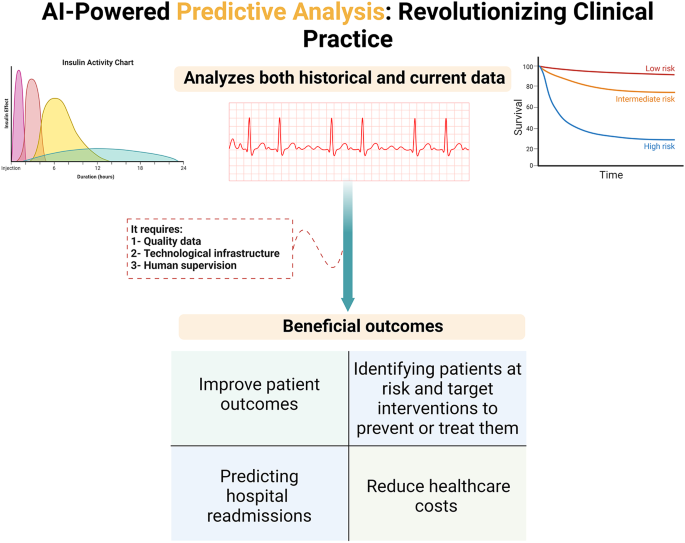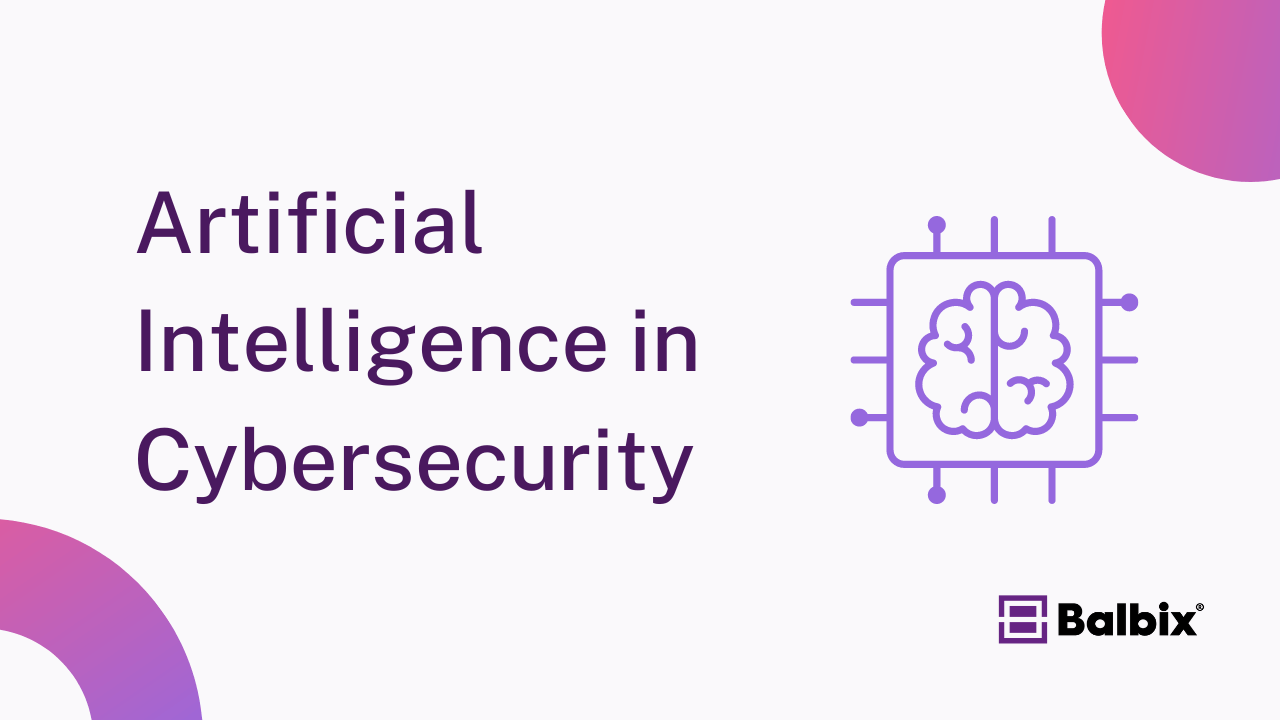AI Revolution 2026: From ChatBots to Digital Consciousness - Your Roadmap to Tomorrow's Intelligence
The AI revolution is no longer a distant future – it's unfolding before our eyes, reshaping industries, and redefining human potential. As we stand at the cusp of 2026, the transformation from simple chatbots to systems exhibiting signs of digital consciousness marks a pivotal moment in technological evolution.

The Current State of AI: Beyond Simple Automation
The global AI market, having reached $638.23 billion in 2025, is projected to surge to over $3.6 trillion by 2034. This exponential growth reflects the increasing sophistication and widespread adoption of AI technologies across sectors. Today's AI systems have evolved far beyond rule-based chatbots, incorporating advanced neural networks that can process and understand context, emotion, and nuanced human interactions.
The Neural Revolution: Building Blocks of Digital Consciousness
Modern artificial neural networks have become increasingly sophisticated, mimicking the human brain's structure and function with unprecedented accuracy. These networks now feature:
- Multi-layered perception capabilities
- Advanced pattern recognition
- Emotional intelligence processing
- Contextual understanding
- Adaptive learning mechanisms

Industry Transformations
Healthcare Revolution
The medical field has witnessed a paradigm shift with AI integration. Advanced neural networks are now capable of:
- Precise disease prediction and diagnosis
- Personalized treatment planning
- Drug discovery acceleration
- Real-time patient monitoring
- Surgical assistance and planning
Cybersecurity Enhancement
As digital threats evolve, AI has become the cornerstone of modern security systems:
- Predictive threat detection
- Real-time attack prevention
- Automated response systems
- Behavioral analysis
- Zero-day vulnerability identification

The Path to Digital Consciousness
The emergence of digital consciousness represents the next frontier in AI development. Current research focuses on:
Self-Awareness Development
- Implementation of recursive self-improvement
- Development of internal state monitoring
- Creation of self-modeling capabilities
Emotional Intelligence
- Advanced sentiment analysis
- Contextual emotional response
- Empathetic interaction frameworks
Ethical Decision Making
- Value alignment protocols
- Moral reasoning frameworks
- Ethical constraint implementation
Practical Applications for Businesses
Organizations looking to leverage these advancements should focus on:
Integration Strategies
- Identify key areas for AI implementation
- Develop clear ROI metrics
- Create comprehensive training programs
Data Management
- Establish robust data collection protocols
- Implement ethical data usage guidelines
- Develop data quality assurance measures
Workforce Preparation
- Upskill existing employees
- Create AI-human collaboration frameworks
- Develop new role definitions
Future Implications
As we move toward 2026, several key developments are expected:
- Hybrid Intelligence Systems: Combining human intuition with AI processing power
- Autonomous Decision Making: AI systems capable of complex strategic planning
- Enhanced Human-AI Collaboration: Seamless integration of AI in daily operations
- Ethical AI Frameworks: Standardized guidelines for responsible AI development
Challenges and Considerations
The road to advanced AI comes with important considerations:
Ethical Implications
- Privacy concerns
- Bias mitigation
- Accountability frameworks
Technical Challenges
- Computing power requirements
- Data quality and quantity
- Integration complexity
Societal Impact
- Job market evolution
- Educational system adaptation
- Social interaction changes
Preparing for Tomorrow
To stay ahead in this rapidly evolving landscape:
Invest in Education
- Continuous learning programs
- Technical skill development
- AI literacy initiatives
Build Ethical Frameworks
- Develop clear AI policies
- Establish oversight mechanisms
- Create transparency protocols
Foster Innovation
- Encourage experimentation
- Support research initiatives
- Promote collaborative development
Taking Action
The AI revolution of 2026 presents unprecedented opportunities for growth and innovation. To remain competitive and relevant in this new era, organizations and individuals must adapt and evolve. Understanding and implementing these technologies is no longer optional – it's imperative for future success.
Ready to be part of the AI revolution? Explore our comprehensive range of courses and resources at 01TEK. From beginner-friendly introductions to advanced AI development programs, we provide the tools and knowledge you need to thrive in tomorrow's AI-driven world. Visit [01TEK's Learning Portal] to start your journey into the future of artificial intelligence today.
Sources: [1] Precedence Research - AI Market Analysis [2] IBM Think Insights [3] Balbix Cybersecurity Insights [4] BMC Medical Education
Nine out of ten businesses fail; so I came up with a foolproof plan
create ten businesses.”



